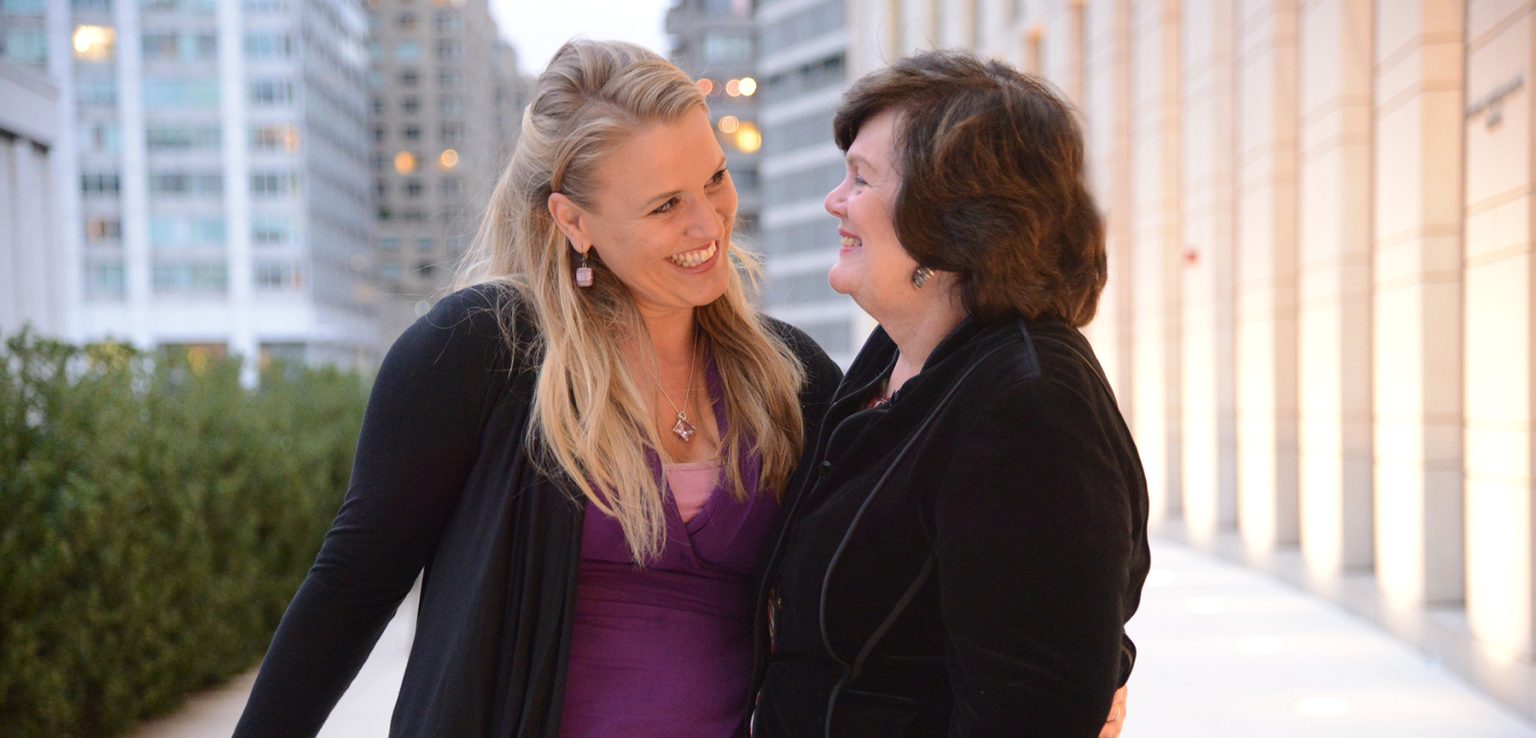Kara Lightburn wasn’t shopping on Fifth Avenue this holiday season.
“When it comes to the materialistic part of the holiday season, I can’t handle it,” she said. “I’ve changed.”
Lightburn recently flew into New York from Haiti, where she is helping Dominicans of Haitian ancestry who have been pouring over the border into Haiti from the Dominican Republic. In 2013 the Dominican government ordered that the group must prove Dominican lineage with ancestral birth certificates dating from before 1929, or be expelled. An estimated 200,000 people may become stateless.
Lightburn said that the mere act of traveling home for the holidays has taken on a new meaning.
“I see how restricted other people are in traveling,” she said. “The people there are dealing with the statelessness and no visas.”On returning to New York, Lightburn sat on a panel held at Fordham to discuss the crisis. Before the event, she checked in with colleagues from the Institute of International Humanitarian Affairs (IIHA), where she is pursuing her master’s degree, and then met with her mother, Anita Lightburn, PhD, a professor in the Graduate School of Social Service and director of the Beck Institute on Religion and Poverty.
The two discussed their shared interest in helping those in need—Professor Lightburn through social work and Kara Lightburn through humanitarian aid—though Professor Lightburn continually deflected attention from her work to that of her daughter.
“Being on the ground and doing the work that Kara does is a whole different thing than me organizing people to understand social justice issues and respond,” she said.
While she has seen her share of human frailty over the years, the professor recognized that her daughter’s experience in Haiti is distinct. Kara began going to Haiti to help out after the 2010 earthquake. That year, she founded Social Tap, a New York-based nonprofit providing services through Haitian partnerships.
“She’s like her father in that she really goes out on the edge, has a vision for what could be, and then she goes ahead and does it,” Lightburn said. “She’s never taken a salary, never funded herself. Everything she gets she gives away.”
But Kara said she learned how to organize disparate parties toward a common goal by observing her mother and her colleagues.
“Because of my mother, I was always surrounded by amazing, powerful women who were intellectually challenging,” she said. “I learned how to tap into the university systems because I grew up in them and learned how to work with multiple institutions.”
Her first time on the ground in a disaster came after a friend was killed in the Sri Lanka tsunami. She said she felt “compelled to go.” She raised money through her college classmates. Professor Lightburn recalls it as a harrowing time for her as a mother, particularly after Kara told her that gun-toting rebels greeted her at the airport.
“I called colleagues who assured me that the areas where she was going were not too violent,” Professor Lightburn said. “When she called me later she was helping rebuild a fishing village and she said, ‘I’ve never been happier in my whole life.’”
After the earthquake in Haiti, Kara Lightburn had to go beyond helping people attain basic needs, like shelter, food, and water. She also had to arrange security for women and children who were being raped amid the chaos. Among the victims was a 4-year-old girl.
“We worked with the camp leaders and organized security committees,” she said. “We also made sure the victims knew that we would pursue every line of justice for the perpetrators.”
Kara Lightburn said that while her mother’s work differs from her own, each one’s work boils down to strengthening communities.
“Community is community. It’s the same if it’s international or local,” she said.
“The other thing we absolutely share is the belief in the dignity of everybody,” said Professor Lightburn. “We’re really not that different; each of us brings different gifts.”
“But the number one thing we do in both of our professions is listen to people and walk with them,” said Kara Lightburn.
“And act with them,” added Professor Lightburn.

